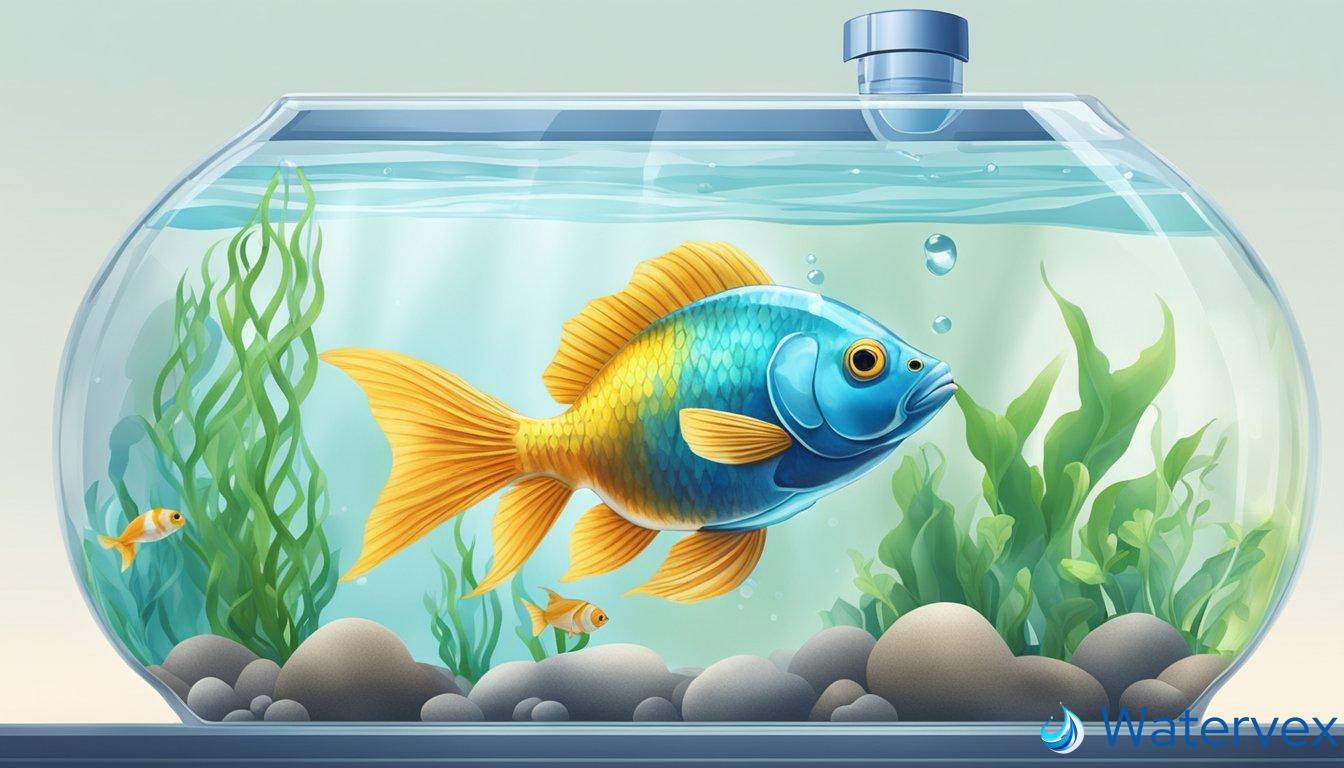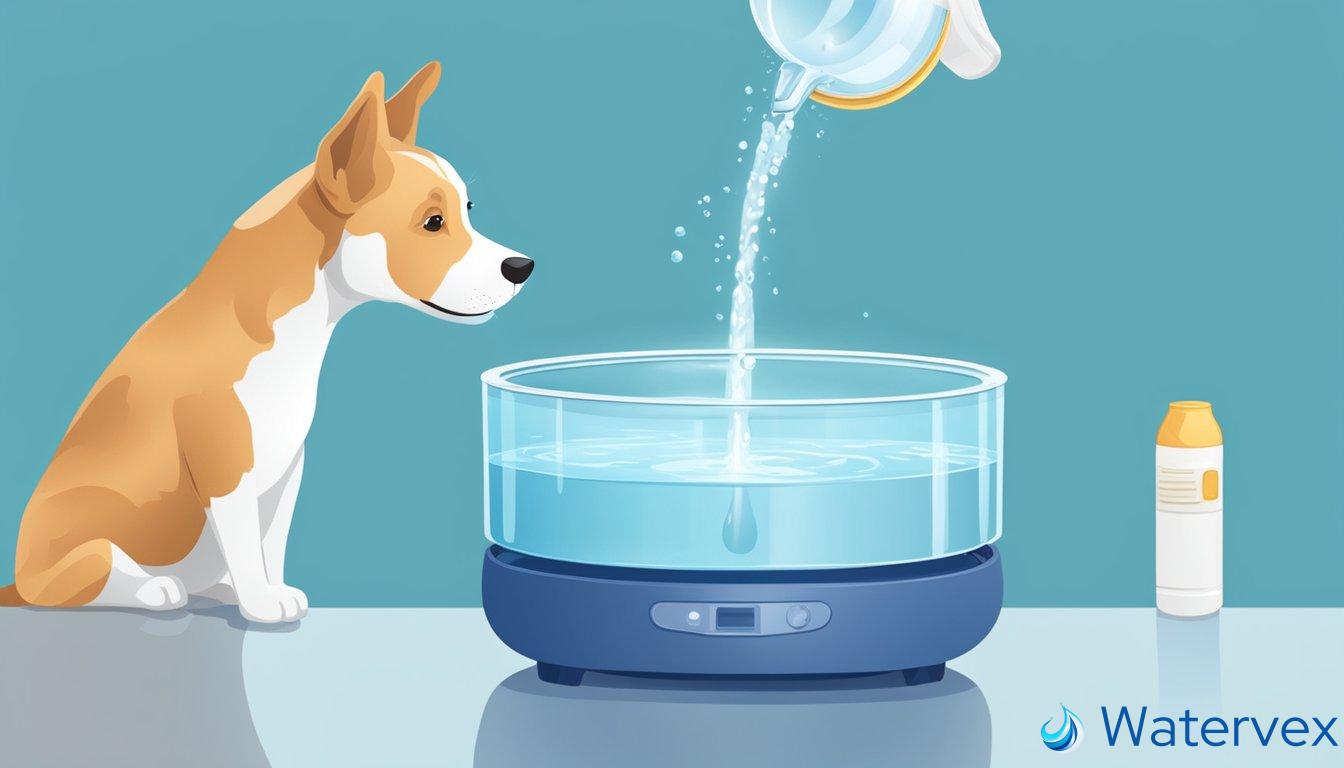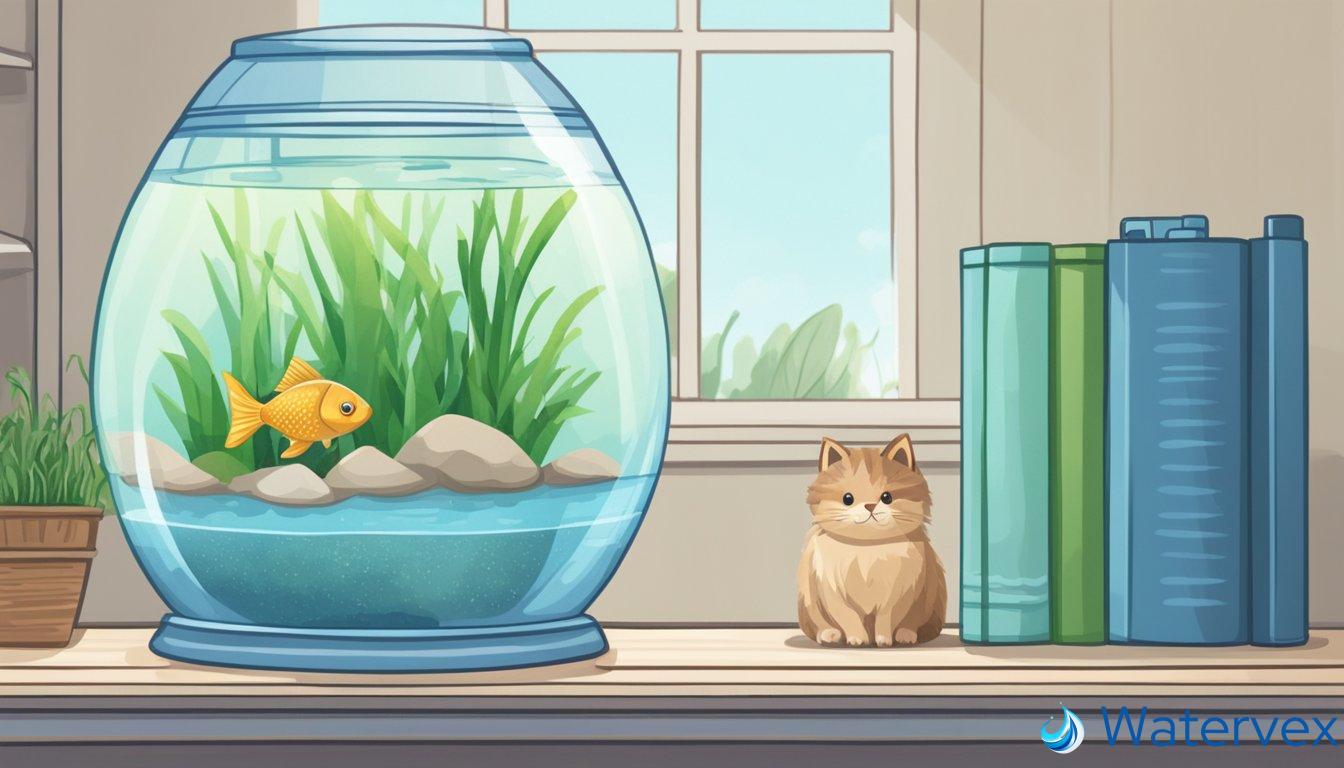Understanding the importance of water quality in your aquarium is crucial for the health of your fish. When you introduce pets such as fish to an aquarium, the water they live in is as important as the food they consume. Tap water, while safe for humans, often contains chemicals like chlorine and chloramine that are harmful to fish. Water conditioners are vital as they neutralize these substances, transforming your tap water into a safe environment for aquatic life. Whether setting up a new tank or maintaining an existing one, the role of a water conditioner is to provide a stable and healthy habitat for your fish.

Consistent use of water conditioners can prevent common problems such as stress and illness in fish. The importance of these conditioners cannot be overstated; they do more than just remove chemicals—they can also replenish essential electrolytes, provide a slime coat to protect fish from scratches and parasites, and enhance the overall quality of water. For any fish enthusiast or family looking into keeping an aquatic pet healthy, knowing when and how to use a water conditioner for your home aquarium is an indispensable part of pet care.
Key Takeaways
- Water conditioners are essential for converting tap water into a fish-safe environment.
- They play a multifaceted role, from removing harmful chemicals to adding protective coatings.
- Knowledge of proper use is key to maintaining a healthy aquarium for your pets.
What Is a Water Conditioner for Home Aquariums?
When setting up an aquarium, whether freshwater or saltwater, one essential consideration is ensuring the water quality is safe for your aquatic life. Enter aquarium water conditioners, the unsung heroes that allow you to use tap water safely in your home aquarium. These conditioners work by detoxifying harmful substances like chlorine and chloramine, which are commonly found in municipal water supplies to make the water potable but can be lethal to your fishy friends.
Chlorine and chloramine are like uninvited guests to an aquarium; they disrupt the balance and pose a threat to the inhabitants. To neutralize these impurities, water conditioners employ chemicals that transform chlorine and chloramine into harmless substances. But it’s not just about eliminating the bad guys; water conditioners also bond with heavy metals and other impurities, rendering them inert.
- Freshwater Aquariums: Water conditioners balance the composition to suit delicate freshwater ecosystems.
- Saltwater Aquariums: They also aid in achieving the correct salinity and mineral balance for marine life.
To use, you typically add a specified amount of conditioner directly to the new water before introducing it into the tank. This simple act is like giving your water a shield, protecting your aquatic companions from the invisible dangers lurking in tap water. It’s a quick and efficient process, requiring you to match the product’s dosage to your aquarium’s volume.
Remember, even though these conditions are doing the heavy lifting, you’re still in charge of ensuring their environment remains safe. Regular water testing and maintenance complement the effects of a conditioner, ensuring your underwater world thrives.
How Does a Water Conditioner Protect Your Pets’ Health?

Water conditioners are pivotal in ensuring the health and comfort of your pets at home, directly affecting the quality of the water they interact with.
Neutralizing Harmful Chemicals
Chlorine and heavy metals often found in tap water can be toxic to both aquatic and domestic pets. By neutralizing these harmful substances, water conditioners play a critical role in safeguarding your pet’s health. Tap water, although generally safe for humans, contains chemicals like chlorine that are added to destroy pathogens but can damage the delicate gills of fish and cause stress in other pets when consumed or bathed in.
- Key benefits of neutralizing agents include:
- Reducing the presence of harmful nitrates that can accumulate in aquariums, potentially leading to a condition known as ‘nitrate poisoning.’
- Binding and detoxifying heavy metals like lead and copper, which can be dangerous even in minute quantities.
Preventing Stress and Promoting Well-being
The stress associated with poor water quality can lead to a weakened immune system in pets, making them more susceptible to diseases. Proper water conditioning helps create a stable environment that closely mimics a pet’s natural habitat, which is essential for their psychological and physiological well-being.
- Strategies for stress prevention:
- Ensuring optimal water conditions for fish, decreasing their vulnerability to illness and enhancing their protective slime layer, as highlighted by Aquarium Nexus.
- Providing pets with water free of unsettling changes in composition, thanks to the buffering capabilities of conditioners, fostering an environment where your pets can thrive.
When Should You Use a Water Conditioner in Your Pet’s Habitat?

In ensuring the well-being of your aquatic pets, it’s crucial to manage water quality meticulously. Water conditioners play a central role in this process.
After Water Changes
When you perform water changes in your pet’s tank, adding a water conditioner is essential to remove harmful substances like chloramines and chlorine from tap water. These chemicals are typically present to make water safe for humans but can be toxic to fish and other aquatic animals. It only takes a straightforward measure: following the recommended dosage on the water conditioner’s label to avoid overdosing and ensuring the safety of your pets.
During Regular Maintenance
Beyond water changes, regular maintenance of your pet’s habitat should include the use of a water conditioner. Over time, harmful substances can accumulate, and conditioners can bind heavy metals and other toxins. Moreover, they can aid in controlling algae growth and sustaining the efficacy of filters. Always follow the guidelines for your specific water conditioner, as its concentration and the size of your tank dictate the correct amount to use.

